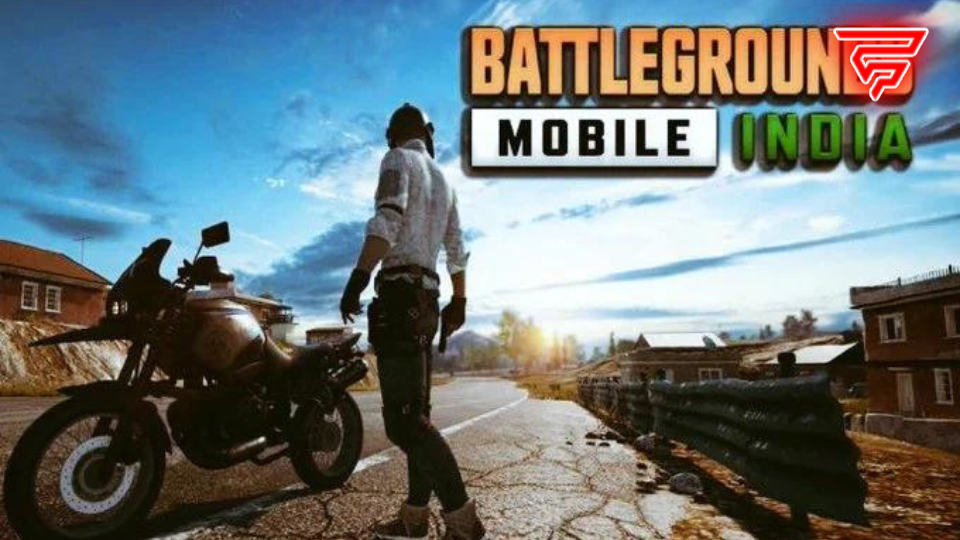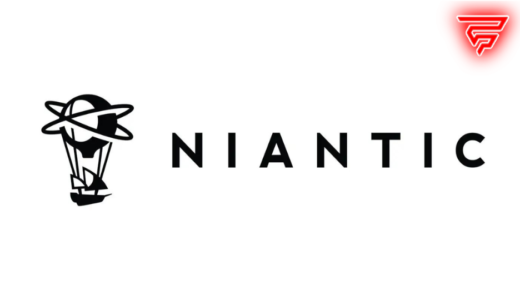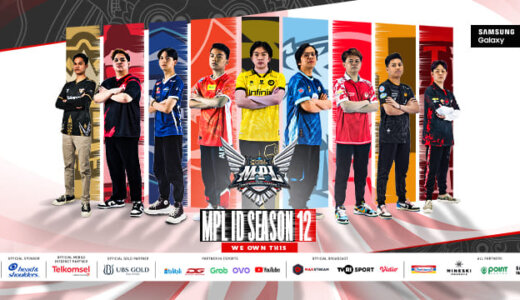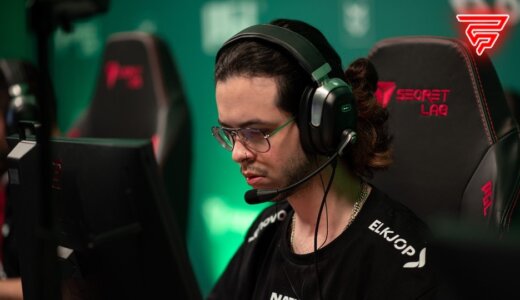While some fans are anxiously awaiting any signs of a comeback, others want the government to stick with their decision. Will BGMI ever return to the Indian market?
When the Indian government banned PUBG, TikTok, and other prominent Chinease apps in the nation, many assumed the banned was just an attack on Chinease tech titans since there is a geopolitical conflict between the two countries for quite some time.
PUBG is published by the Chinese company Tencent Games, and the Indian government had expressed concerns about data privacy and security issues related to Chinese-owned apps. Many Chinease apps were quickly replaced by either their rival or the Indian version of the apps.
PUBG, on the other hand, remains irreplaceable despite the launch of other hyped Battle Royal titles like Call of Duty, Apex Legends Mobile, and Fearless and United Guards (FAU-G), an action game developed by India-based company nCORE Games.
After the ban, the PUBG Corporation, which is a subsidiary of the South Korean company Krafton Game Union, announced that it would no longer authorize the PUBG Mobile franchise to Tencent Games in India. With a new name, and various improvements to user data collection, privacy protection, and other features, Krafton relaunched the game in India in July 2021.
Within the first week of release, BGMI, the Indian version of PUBG, surpassed all previous records with 34 million downloads. However, the title was once again banned on July 2022 after failing to comply with the strict regulations imposed by the Ministry of Electronics and Information Technology.
The entire incident raises two important questions. First, is Krafton actually that incompetent to violate India’s IT policy twice, or is the game under scrutiny due to its affiliation with Tencent in China? And will BGMI ever return to the Indian market? Before we jump right to the answer, there are a few things you need to know about the case.
What made PUBG so popular in India?
There are two main reasons for PUBG’s success in India and other Asian countries. First is certainly its real-life experience, which is not completely accurate to the actual world but far the closest the Battle Royal genre came to reflect the real world. The title’s graphics made the action realistic, and the titles characters, armory, vehicles, game mechanics, and surrounding also had a real-life touch.
Another reason for its popularity is that this game doesn’t require a large memory space on the phone or high internet bandwidth, bringing it within the reach of youngsters in low-income countries like India, Pakistan, and other South Asian countries. These two factors caught the eye of high-ranking officials in India and persuaded them to take any threat against PUBG, a game that has amassed millions of players, more seriously.
Why India imposed the banned PUBG and its Indian spinoff?
The government hasn’t really made an official statement to justify why the game was outlawed until a BGMI fan requested information under the “Right To Information” law. The RTI response discloses that Meity banned BGMI in response to requests from the Ministry of Home Affairs (MHA).
There was real problem of data security… I filled this RTI .. please check out 👇 pic.twitter.com/O7oBuGnopF
— Yamraj (@godyamarajop) September 26, 2022
The RTI response also confirms Meity’s meeting with Krafton executives. As required by Rule 16 of the IT Regulations of 2009, the government entity hasn’t disclosed what was discussed in the meeting. Analysts, however, asserted that since Tencent, a Chinese business, was still in command of it in the background, the allegedly “new avatar” BGMI was identical to the original PUBG.
How is the current conflict between TikTok and U.S. lawmakers making the condition worse for Krafton?
The worries raised by the Indian government were confirmed shortly after when TikTok, owned by the Chinese company ByteDance, began to be flagged for being reportedly used by China to promote its own propaganda in other nations. According to numerous reports, China can manipulate the TikTok algorithm to further its geopolitical objectives in other countries, particularly the USA and Europe.
The corporation, however, refuted the claims and asserted that it is run independently by its own management. The European Union, the United States, Canada, Denmark, and Belgium recently banned the use of TikTok. Additionally, experts think that installing the app, particularly on devices belonging to the government, may reveal private data.
The FBI and the Federal Communications Commission both recently issued alerts about the possibility that ByteDance would provide China’s dictatorial government access to user information from TikTok, including browsing history, location, and biometric identifications.
China, on the other hand, claims that the US is misusing state power and expanding the concept of national security in order to repress foreign corporations. While a complete ban on TikTok in the U.S. is still a possibility, the overall situation confirms India’s privacy concerns in relation to BGMI and has made matters worse for Krafton.
Will BGMI ever return?
According to recent reports, the Indian government and Krafton have agreed to temporarily lift the ban on BGMI but a few specific changes to the game’s original edition.
The adjustments that the government is allegedly asking for may initially seem a little nebulous, but when viewed in the context of the whole, the changes are actually quite reasonable. In addition to user data concerns, the government is apparently considering the negative effects of the games before giving it a green light.
The game has long been in the spotlight for its allegedly negative and lethal effects on players. In fact, it is even banned in some countries such as Pakistan for its potential to lead to crimes. Multiple cases of negative consequences, self‐harm, and suicide among Indian youths addicted to PUBG cases have previously been reported.
The reintroduction of games like PUBG or BGMI—which the government has already identified as a threat to national security—in the current geopolitical climate, which is only getting worse as the Doomsday Clock approaches 90 seconds to midnight, is now more likely to be fraught with difficulties than with success.
Header: Krafton







